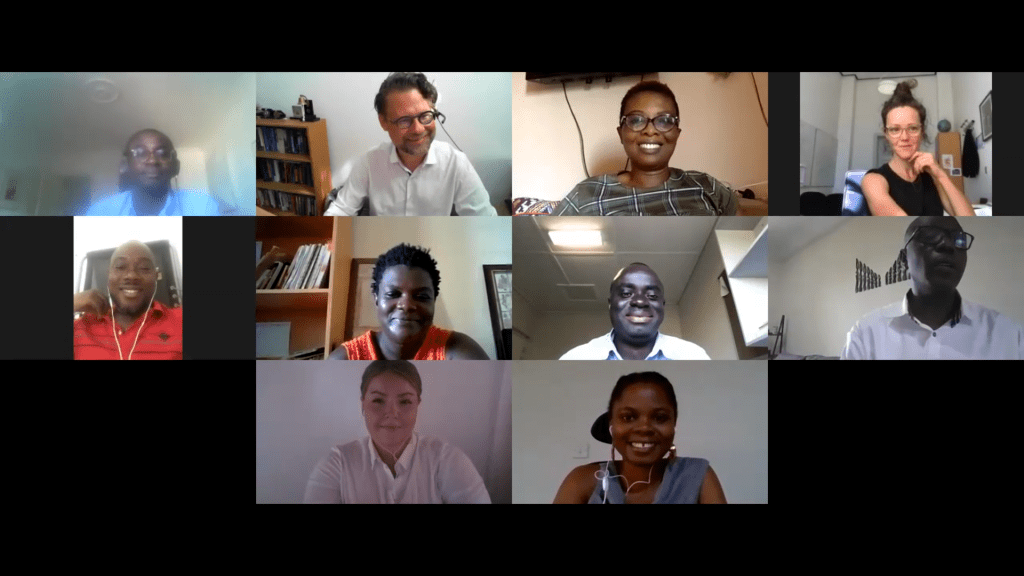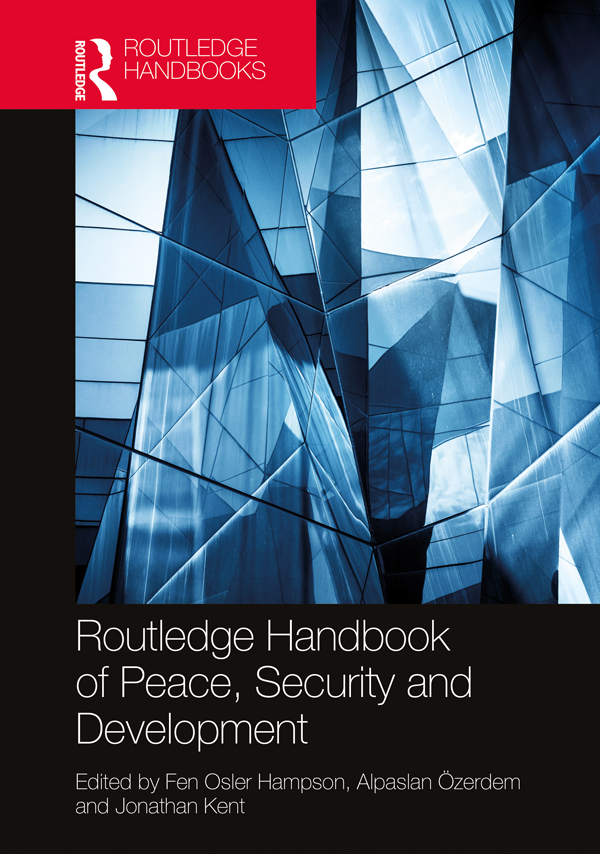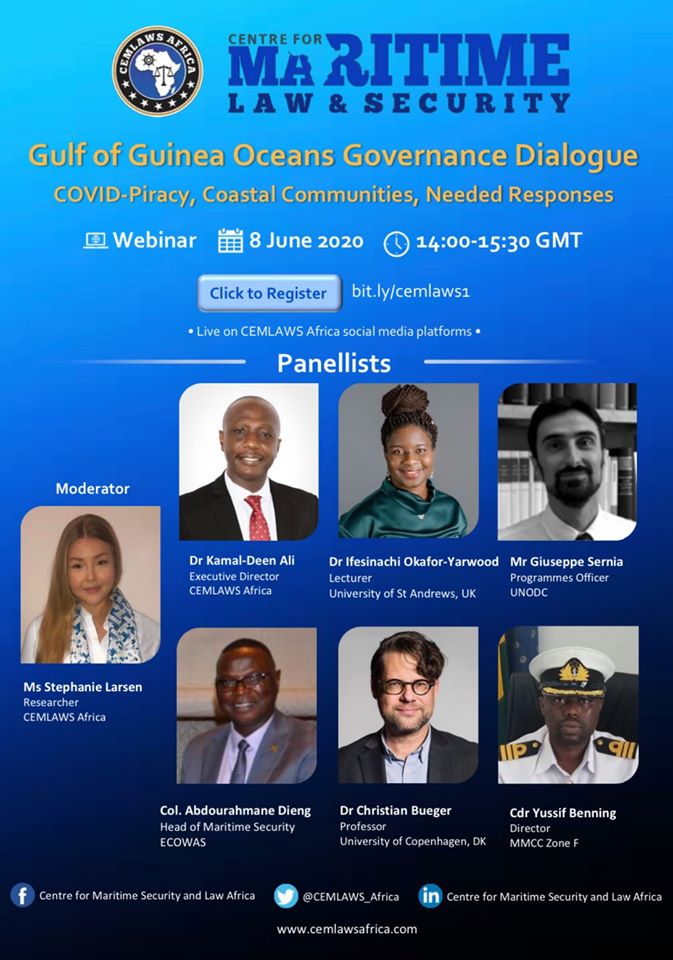The Information Fusion Center (IFC) based in Singapore is one of the most important regional maritime security information sharing centers. One of their core functions is to collect and distribute information on maritime security incidents to an international public and in particular the international shipping community.
One of the formats that the IFC uses is the so-called Shared Awareness Meeting (known as SAM). SAM takes place every couple of months and it is usually a half day meeting in Singapore bringing the regional stakeholders together. On the 15th of July I had the opportunity to participate in the 35th SAM. Due to Covid restrictions it was held for the first time completely virtual. The meeting attracted an unprecedented number of 200 participants.
Continue reading

